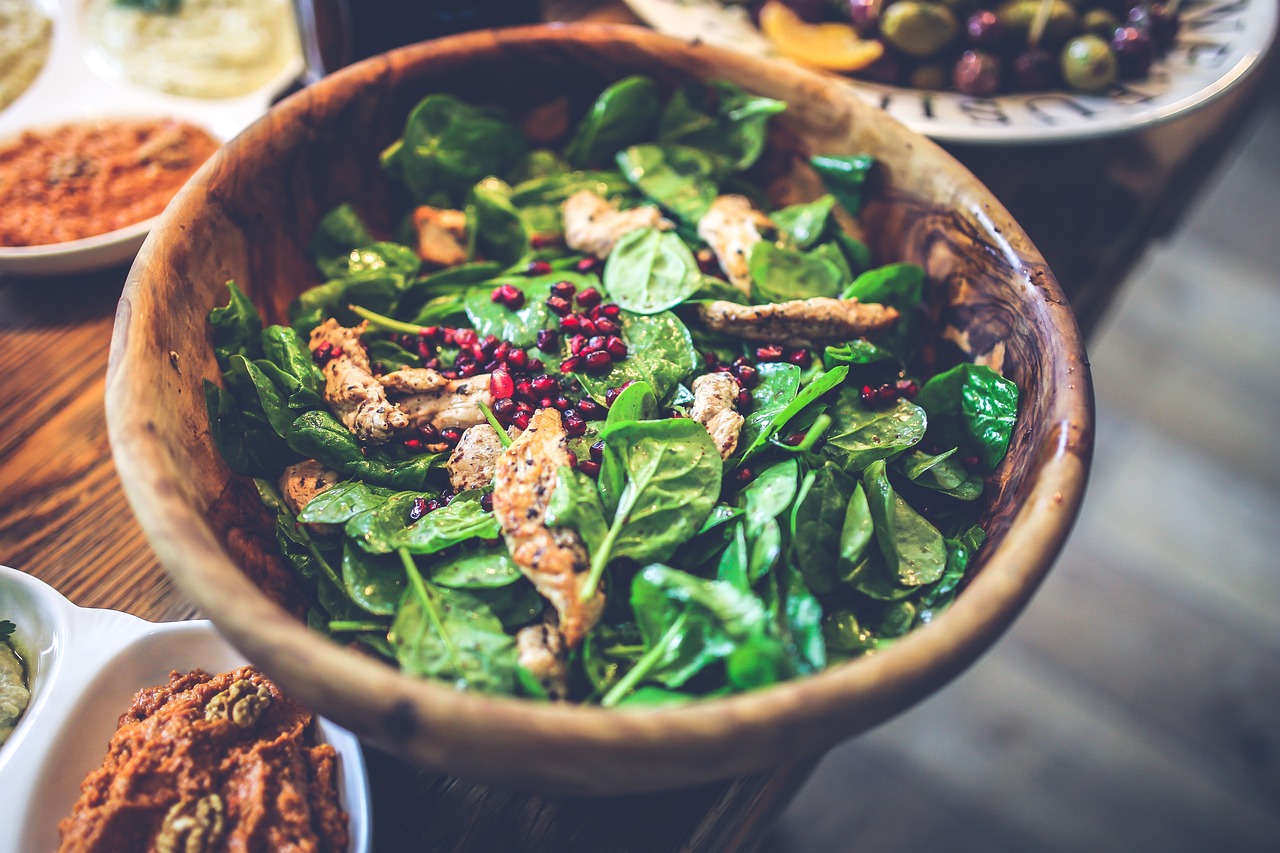The Importance of Protein in Weight Loss: A Key to Success
In the realm of weight loss, protein often takes center stage as a crucial component of a balanced diet. Its role goes beyond just building muscle; it plays a significant part in achieving and maintaining a healthy weight. Understanding why protein is essential for weight loss can empower individuals to make informed dietary choices that support their goals effectively.
1. Satiety and Appetite Control
One of the most compelling reasons to prioritize protein in your weight loss journey is its ability to enhance feelings of fullness and reduce overall calorie intake. Protein has a high satiety factor, meaning it helps you feel satisfied and less likely to overeat. Unlike carbohydrates, which can cause rapid spikes and crashes in blood sugar levels, protein digestion is slower and provides a steady release of energy. This steady energy can curb cravings and the urge to snack excessively between meals, thereby supporting calorie control.
2. Preservation of Lean Muscle Mass
When you’re trying to lose weight, the goal is typically to shed excess fat while preserving lean muscle mass. Protein plays a critical role in this process. During a calorie deficit (when you consume fewer calories than you burn), your body may turn to muscle protein for energy if you’re not consuming enough dietary protein. By ensuring an adequate protein intake, you can help preserve muscle tissue, which is metabolically active and helps maintain a higher metabolic rate. This, in turn, supports ongoing fat burning and prevents the metabolic slowdown that can occur with weight loss.
3. Increased Thermogenesis
Another benefit of protein is its relatively high thermogenic effect compared to fats and carbohydrates. Thermogenesis refers to the energy expenditure that occurs during digestion, absorption, and metabolism of nutrients. Protein has a higher thermic effect of food (TEF) compared to carbohydrates and fats, meaning that more energy (calories) is required to metabolize protein than other macronutrients. This can contribute to a slight increase in calorie expenditure, aiding weight loss efforts.
4. Support for Physical Activity and Recovery
Regular exercise is a cornerstone of successful weight loss and maintenance. Protein is essential for repairing and building tissues damaged during physical activity, making it crucial for exercise recovery. Adequate protein intake supports muscle repair and growth, which can enhance performance during workouts and promote overall physical activity levels. By supporting a healthy, active lifestyle, protein contributes to sustainable weight loss results.
5. Practical Tips for Incorporating Protein
Achieving adequate protein intake doesn’t have to be complicated. Including lean sources of protein such as poultry, fish, lean meats, eggs, dairy products, legumes, nuts, and seeds in your meals and snacks throughout the day can help you meet your protein needs. Aim for a balanced diet that includes protein with each meal and snack to optimize its benefits for weight loss.
Conclusion
In conclusion, protein is not just beneficial but essential for successful weight loss. From enhancing feelings of fullness and supporting appetite control to preserving lean muscle mass and boosting calorie expenditure, protein plays multiple critical roles in achieving and maintaining a healthy weight. By prioritizing protein-rich foods and balancing your macronutrient intake, you can optimize your weight loss efforts and promote long-term success in managing your weight and overall health.
